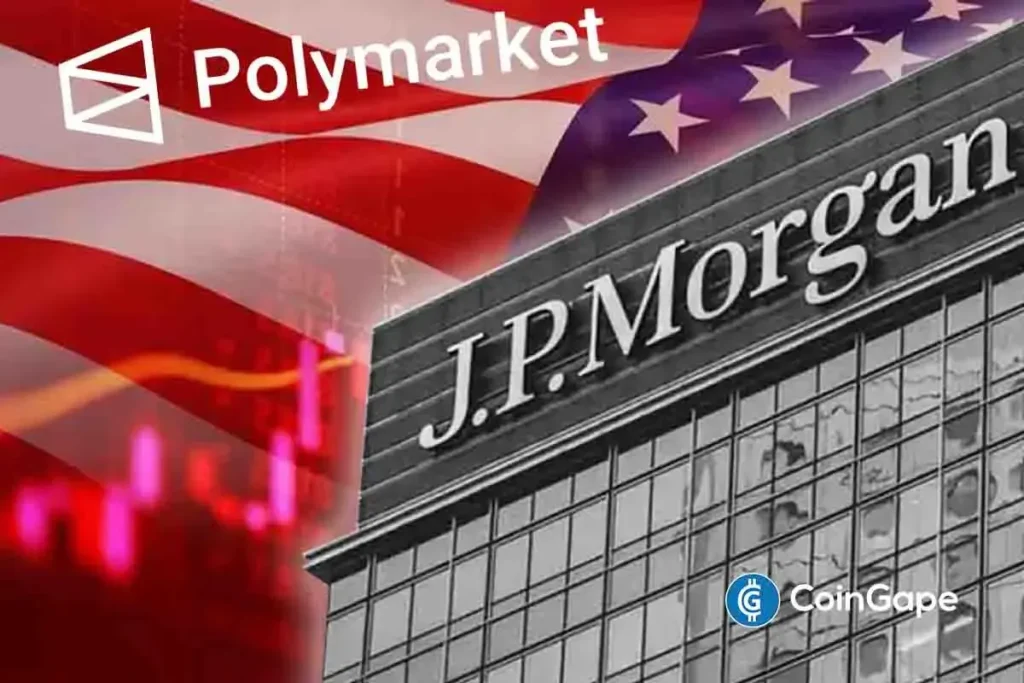The introduction of Donald Trump’s tariffs has raised concerns about the possibility of a US recession in 2025. Investors, experts, and major institutions like JP Morgan and Goldman Sachs have updated their predictions, indicating a growing fear of economic downturn. The financial markets are already showing signs of turmoil, with stocks plummeting, cryptocurrencies struggling, and hard assets being affected. As the situation unfolds, the question on everyone’s mind is whether a recession is imminent.
Trump’s tariffs were introduced with the aim of revitalizing the economy, creating jobs, and boosting domestic production. However, analysts have expressed uncertainty and fear of a potential US recession since the tariffs were implemented. Affected countries such as China, the EU, and Japan are formulating strategies to counter these tariffs, leading to concerns about a financial crisis looming on the horizon. Social media platforms are abuzz with discussions about rising inflation, declining yields, and the likelihood of a recession in the US.
Major financial institutions like JP Morgan and Goldman Sachs have raised the odds of a US recession occurring in 2025. JP Morgan has set the chances at 60%, attributing it to disruptive US policies, while Goldman Sachs has increased the odds from 20% to 35%. Other economic forecasts predict core inflation, GDP contraction, and high unemployment rates if the current retaliatory measures continue. Investors are also showing heightened concerns, with Polymarket data indicating a surge in the likelihood of a US recession to 57%.
Federal Reserve Chair Jerome Powell has also expressed apprehension about the impact of Trump’s tariffs on the economy. In a recent conference, Powell acknowledged that the tariffs were larger than anticipated and hinted at potentially severe economic consequences. While the Fed has not officially forecasted a recession, Powell’s remarks and the growing pessimism among investors point towards a challenging economic landscape ahead. The stock market’s performance reflects these uncertainties, with all eyes now on the upcoming Fed meeting for any positive developments regarding Trump’s tariff policies.
In conclusion, the looming threat of a US recession in 2025 is causing increasing apprehension among investors, experts, and financial institutions. The impact of Trump’s tariffs, coupled with economic uncertainties, has led to a volatile market environment with potentially far-reaching consequences. While the exact outcome remains uncertain, 2025 is shaping up to be a year filled with economic challenges and pivotal moments. Investors are advised to stay informed, monitor market developments closely, and be prepared for potential shifts in the financial landscape.


